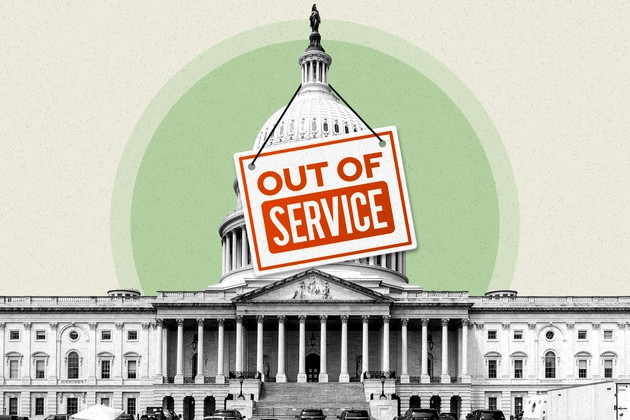This CNBC article, published on Sunday, describes how a massive winter storm has brought large parts of the U.S. to a standstill. The results of the storm have been heavy snow and ice from New Mexico to Maine, with the National Weather Service warning of "bitterly cold temperatures and dangerously low wind chills." As of Sunday morning, more than...
The Economic Impacts From Shutting Down The Department of Education
According to a recent BBC article, President Donald Trump just signed an executive order that seeks to dismantle the U.S. Department of Education. This order mandated the gradual shutdown of several of the Department's functions and called for transferring major responsibilities to state authorities. The administration's push to shut down the Department has also led to significant layoffs, as approximately half of the Department of Education workforce has been furloughed or let go. Critics argue that the directive risks student aid programs, special education support, and equitable resource distribution. Supporters claim that since the Department of Education's creation, education has not improved, all the while costing the government over 200 billion dollars a year. It is important to note that the Trump administration will more than likely face legal challenges to this executive order.
From an economic perspective, shutting down the Department of Education creates a lot of uncertainty. Education is obviously very important in order to prepare the next generation of workers. The more educated a generation is, the more creativity and output they will produce. Shutting down the Department of Education puts students' education at risk. Looking into the future, the shift from centralized to state-controlled education funding might spur innovation in localized education tech solutions, boosting sectors focused on personalized learning platforms and AI-driven educational tools. However, this decentralization also raises the possibility of a fragmented educational landscape, where disparities increase as states prioritize education needs differently. This could lead to a large skills gap across states, counties, and even districts, leading to an increased wealth gap in the future. Finally, millions of students reliant on federal loans and grants may experience disruptions in funding or even lose their funding. Student loans allow students who otherwise could not afford to attend higher-education institutions the option to go to those schools. Once again, this leads to a better-educated future workforce. Overall, the Department's dismantling signals a pivotal economic and social change, of which we will not know the full impact for years.
Earlier this month, the Los Angeles Dodgers won the world series. Shortly after that, Forbes published an article about the record-breaking global viewership that the world series amassed. The 11-inning Game 7 instant classic had over 51 million viewers across just the U.S., Canada, and Japan. There are a couple obvious reasons for the...
This CNBC article, published last week, talks about how the U.S. federal government has just shut down. The shutdown started after Congress failed to reach an agreement on a funding bill before the deadline. The article goes on to talk about the immediate impacts on federal workers, disruptions to non-essential government services, and the...




